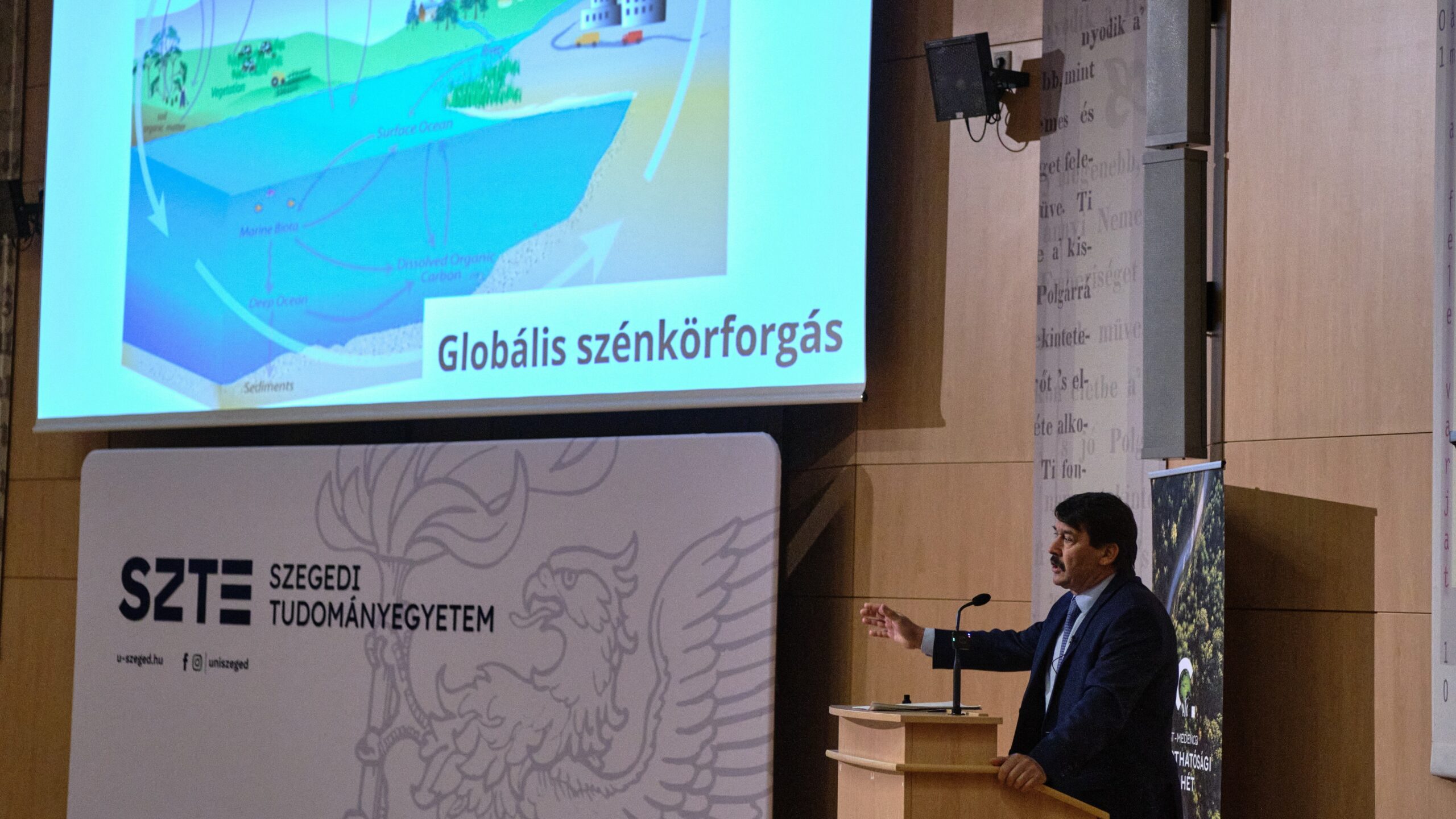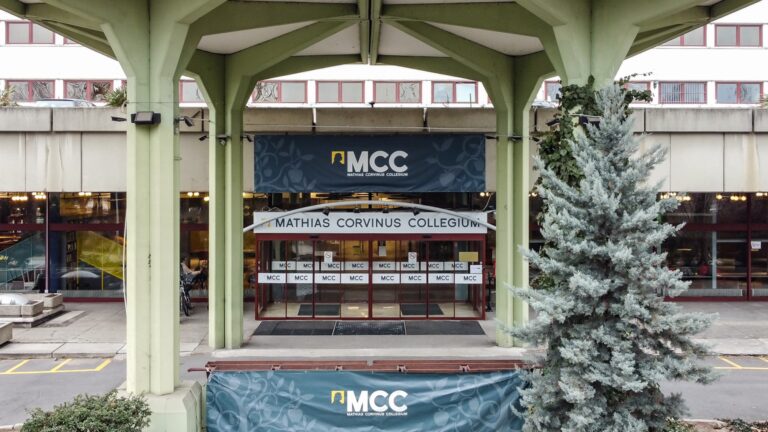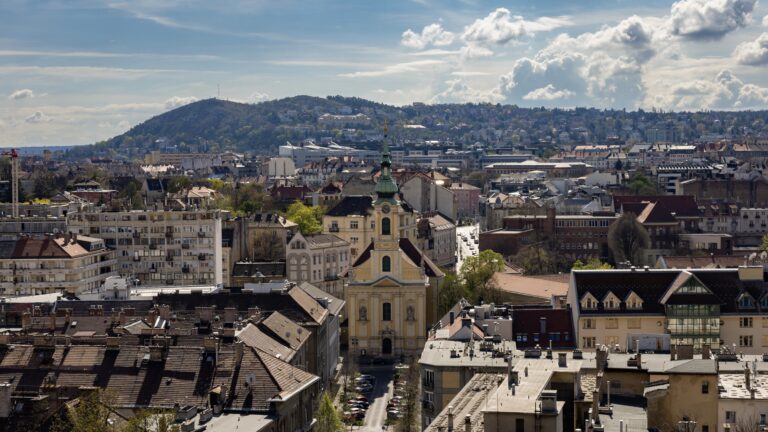Protecting our natural resources is not just about saving the planet, but safeguarding human life itself, said former Hungarian President János Áder on Monday. Speaking at the opening of Hungary’s 10th Sustainability Theme Week at the University of Szeged, Áder stressed the vital role of soil in sustaining life on Earth.
Áder, now chair of the Blue Planet Climate Protection Foundation, addressed secondary school students, explaining how soil’s ecosystem services are indispensable. He pointed to a sharp rise in atmospheric carbon dioxide over the past two centuries, especially post-WWII, noting that current emissions far exceed what natural absorbers—like soil—can handle.
He emphasized two strategies for addressing this imbalance: reducing emissions through more efficient energy use and renewable sources, and increasing the planet’s capacity to absorb CO₂.
Áder praised the achievements of Szeged-based startup eChemicles Ltd, led by researcher Csaba Janáky, which has developed a technology that converts CO₂ into carbon monoxide using renewable electricity. This innovation could significantly reduce environmental harm caused by the traditional production of carbon monoxide from fossil fuels.
Before his lecture, Áder visited eChemicles’ facility, where Janáky explained their electrolysis technology. Developed after 11 years of lab research, their system has scaled from 8 square centimetres of active cell surface to 0.25 square metres and now includes 18 interconnected cells in a semi-industrial unit. The modular setup can be tailored to industry needs.
A commercial product is already in development—especially for sectors like microelectronics and pharmaceuticals that require on-site carbon monoxide. A pilot plant is also planned for 2027, with partners in the oil industry, targeting hard-to-decarbonize sectors like cement and steel.
Electricity prices are key to the tech’s viability. Janáky noted that in places like Saudi Arabia, where solar energy is auctioned as low as 0.015 euro/kWh, this method of CO production is already competitive.
Public records show eChemicles has 34 employees and is co-owned by Janáky and the Blue Planet Climate Venture Fund.
In his lecture, Áder also called for reforming traditional farming techniques, warning that conventional tillage is degrading Europe’s soil—60–70 per cent of which is now in poor condition. He advocated for ‘no-till’ methods, which minimally disturb the soil, retain crop residue for mulch, and reduce drying, fertilizer needs, and erosion, while boosting biodiversity and yields.
Related articles:








